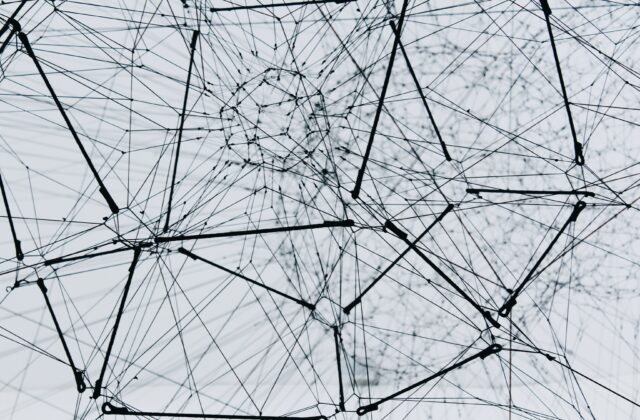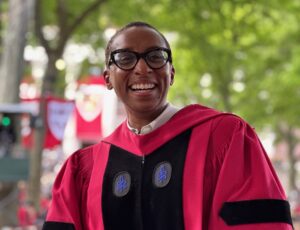From claims that the coronavirus pandemic was deliberately engineered to suspicions that climate change—and now even that the invasion of Ukraine—are a hoax, conspiracy theories are increasingly prominent in the age of the internet, cutting across traditional political divides. Conspiracy theories can spread virally at lightning speed, and have the potential to reach large audiences across the globe. Once marginal ideas can now readily find a community of believers. Although online conspiracy theories are at times merely harmless entertainment or a sign of healthy scepticism towards authority, they can also lead to a loss of faith in medical and scientific expertise, to political disengagement, and even to violence. They also clearly play a significant role in disinformation campaigns. This event will bring together researchers and stakeholders interested in understanding more about the role that conspiracy theories play in the era of online communication, and what can and should be done about them.
The event is co-organised by Peter Knight, Professor of American Studies at the University of Manchester (UK), director of the “Everything Is Connected: Conspiracy Theories in the Digital Age” project funded by the Arts & Humanities Research Council (UK), and currently a fellow at the Netherlands Institute for Advanced Studies; and Michael Butter, Professor of American Studies at the University of Tübingen (Germany), who is the director of the European Research Council-funded project PACT (Populism and Conspiracy Theories).
Schedule
09.45 – 10.15 Coffee and pastries
10.15 – 10.30 Introduction
Michael Butter and Peter Knight
10.30 – 12.00 Panel discussion: Science and education
Moderator: Peter Knight
With the coronavirus pandemic and the climate crisis, do conspiracy theories undermine the very idea of objective science? Is digital media literacy the solution, or a false hope?
- Paul R Hunter (Norwich School of Medicine, UK)
- David Robert Grimes (Dublin City University; author, The Irrational Ape)
- Tracey Brown (Sense about Science)
- Laura Smillie (European Commission)
- Jeremy Hayward (Institute of Education, London)
- Discussants: Nicole Rieber, Matthew Barnard, Edward Spencer
12.00 – 13.00 Lunch
13.00 – 14.30 Panel discussion: Populism, politics and international relations
Moderator: Michael Butter
What role does online conspiracism play in national and international politics? How do we distinguish dangerous from harmless conspiracy theories? Is populist politics necessarily conspiracist? How do conspiracy theories operate outside the US and Western Europe?
- David Omand (former director of GCHQ, visiting professor at KCL)
- Olaf Steenfadt (Reporters Without Borders)
- Ciaran O’Connor (ISD Global)
- Sybille Lammes (Leiden)
- Dina Hussein (Dangerous Orgs Policy Team, EMEA Region, Meta)
- Discussants: Boris Noordenbos, Olivia Rachwol
14.30 – 14.45 Coffee
14.45 – 16.15 Panel discussion: The Online Environment
Moderator: Stef Aupers (KU Leuven)
Is social media creating a crisis of truth and trust? Is state regulation or self-regulation by the industry the way forward? Can we create a better internet?
- Caroline Bassett (Cambridge)
- Alex Krosodomski Jones (Centre for the Analysis of Social Media, Demos)
- Poppy Wood (Reset)
- Johannes Baldauf (Meta)
- Discussants: Leah Selig Chauhan, Lucy James, Daniël de Zeeuw, Lars de Wildt, Marc Tuters
16.30 – 17.00 Roundtable
Moderator: Clare Birchall (King’s College, London)
What are the conclusions and recommendations? What should be the priorities for future research and interventions?
This workshop is for invited participants only.




